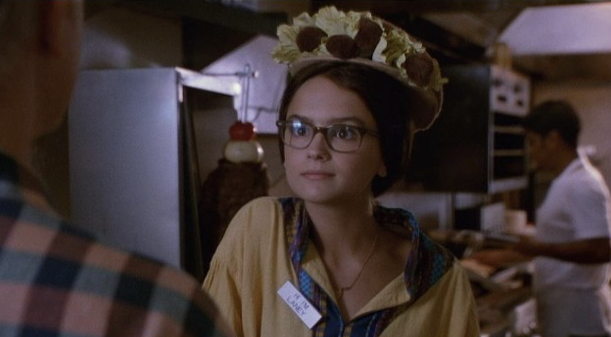
1. "The Showrunner Fallacy: Why TV's Auteurs Matter Much Less Than You Think." By Craig Fehrman, for The New Republic. On a particular tendency in coverage of television:
"[T]his obsession with showrunners—what we might call the showrunner fallacy—has obscured what makes television so great. In his (otherwise excellent) forthcoming book, Difficult Men: Behind the Scenes of a Creative Revolution: From The Sopranos and The Wire to Mad Men and Breaking Bad, Brett Martin emerges as the latest exponent of this fallacy. Martin credits the shows in his subtitle, which, together, he labels TV’s “Third Golden Age,” to the showrunners themselves, with their “immense powers of rejection and benediction.” (Martin’s showrunner metaphors tend to be deific). Yet this approach prevents Martin from exploring the people and pressures that are unique to television—exactly what the medium’s reporters and critics should be working to understand. Instead, they praise or blame the showrunner, succumbing to a kind of narrative simplicity that we would never accept in an Emmy-winning drama."
Or maybe not? Slate's June Thomas says "It's not a fallacy to focus on showrunners." At CriticWire, Sam Adams rebuts: "The auteur theory helped legitimize the work of the overlooked studio craftsmen whose personalities shone through their work in disparate genres, and it's helped legitimize an art form whose boundaries are still being tested. But few if any critics endorse the 'showrunner fallacy' Fuhrman militates against."
2. "The Way We Watch Television: Sherlock by the Numbers." By Lynette Porter of PopMatters. The author shows how TV has changed in the Internet age by focusing on a particular series, BBC's Sherlock. The conclusion for traditional broadcasters and cable operators is troubling.


Includes pieces by RogerEbert.com's editor Matt Zoller Seitz on The Best Comedies of the Year, the Best TV Comedy Performance (Julia Louis-Dreyfus on Veep), the The Most Improved Show (Scandal) and the Five Best Shots. Plus: Denise Martin on The Most Unexpectedly Great Physical Comedian (Mindy Kaling on The Mindy Project) and Best Guest Star (Patton Oswalt), Amanda Dobbins on The Best Awards Show Moments, Margaret Lyons on The 10 Best TV Outfits, and Joe Adalian on The Best and Worst TV Strategies.

"In the show, June (played by Dreama Walker) is a nice, wholesome blonde from Indiana who moves to Manhattan to start her dream job working for Bernie Madoff the day he’s hauled off in handcuffs. Defeated but undaunted, she gets a waitress job and a roommate, lovely ex-model Chloe (the slightly pop-eyed Krysten Ritter, a cartoon Audrey Hepburn), who turns out to be a sociopathic Holly Golightly fleecing naïve newcomers. [...] Apartment 23 treats virtually every sacred cow in current American culture with gleeful contempt."

"In a gasp-worthy ending you never saw coming, M. Night Shyamalan has revealed that he ghost-wrote She’s All That, the 1998 teen romance starring Freddie Prinze Jr. and Rachael Leigh Cook. Shyamalan dropped the prom bomb to both MTV and Movies.com recently, saying he wrote the movie while also writing The Sixth Sense and Stuart Little, all of which helped “add to the breadth” of his then-burgeoning career."
IMAGE OF THE DAY

CLIP OF THE DAY
"How to Train Your Robot." This visually astonishing short was made by students of the Animation and VFX Course organised by Platige Image and CD Projekt RED.





